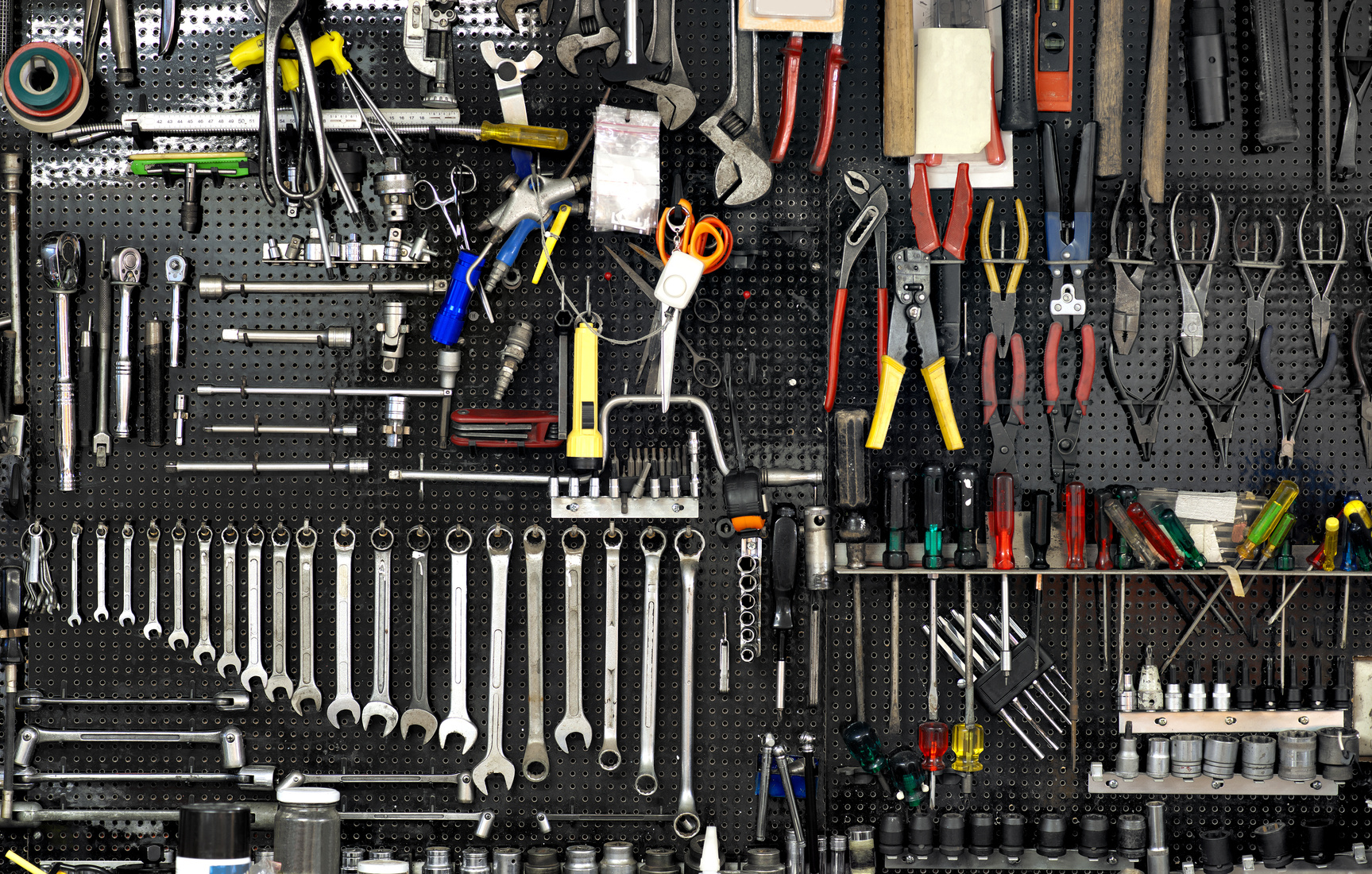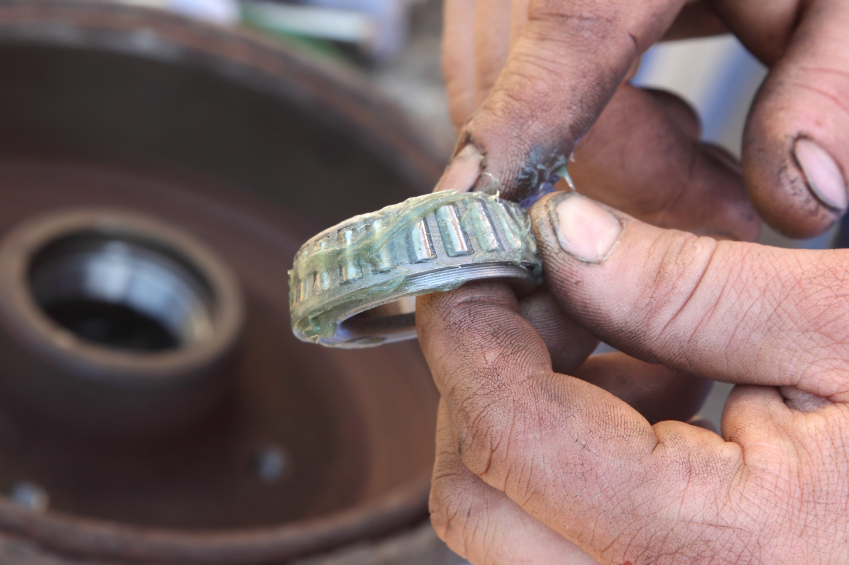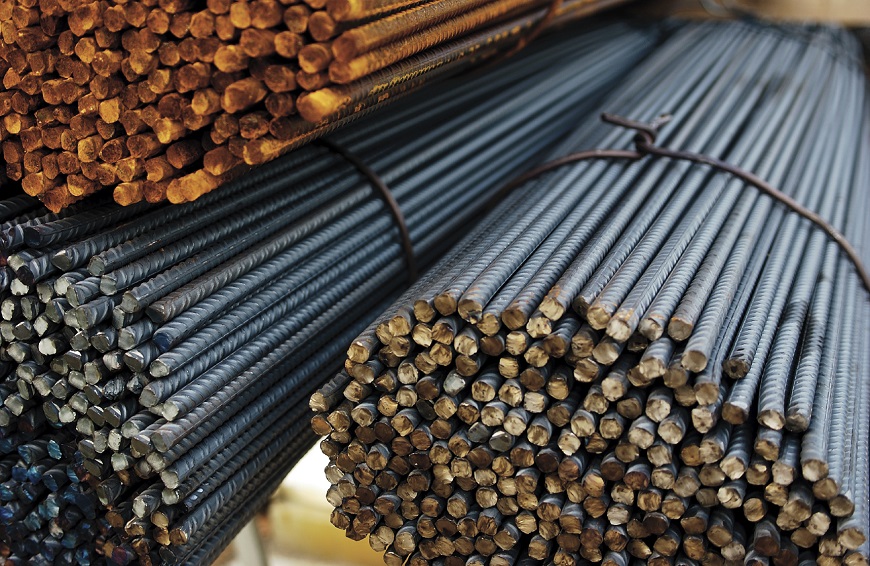It can be a rewarding experience to upgrade your caravan – you get a sense of accomplishment and hopefully save some money along the way. We look at some of the caravan maintenance and upgrade jobs you can do yourself. Equally, we look at some of the things you should leave to the professionals – regardless of how handy you are.
Fittings and accessories
There are plenty of odds and ends that average punters can install themselves. Provided the manufacturer’s instructions are followed, replacing or upgrading the following items is easy enough for DIY:
- Coupling upgrade
- Tow ball replacement/upgrade
- Tow ball tongue upgrade
- Coupling lock (to prevent theft)
- Jockey wheel upgrade
- Jockey wheel mover
- Corner steadies
- Gas struts
- Awnings
Only someone who really knows what they’re doing and has the right tools and workspace should attempt to upgrade or install the following:
- Brakes
- Brake controller
- Handbrakes
- Axles
- Driving lights (brakes, parkers, reversing, side lights)
- Solar panels
- Traction roller caravan mover
- Sky lights
- Springs
- Hubs and bearings
- Air suspension
It’s important to note that some of these modifications may still require compliance and that adding new equipment is likely to impact on your caravan’s payload capacity. Industry standard is 300kg for a single axle and 400kg for a tandem axle to play with.
Don’t DIY
In most cases, you’re required to have a certificate for any work that requires a licensed professional, including 240-volt electrical work, gas fitting, plumbing, chassis work and anything that changes the caravan’s factory specification. Check with your state authority for more detail.
240-volt circuit
Modern day caravans feature both a 12-volt (DC) circuit and a 240-volt (AC) mains circuit. By law, only a qualified electrician is permitted to work on any part of the 240-volt circuit. Don’t risk it – consider your loved ones, not to mention your insurance.
There are no restrictions on 12-volt, but it doesn’t hurt to get a professional to work on that as well.
Gasfitting
While it may look like child’s play, avoid any plumbing to do with gas. As with 240-volt work, unlicensed gasfitting is illegal and should be considered unsafe. Carbon monoxide, given off during burning, can kill in enclosed spaces.
Plumbing
There are laws surrounding plumbing too, especially any work to do with drinking water and sewerage. A plumber who is licensed for gasfitting can handle your gas as well.
Chassis
Most structural modifications to the chassis will require that you have the work complianced and a new vehicle identification number (VIN) must be issued. Check with your state authority as the rules can vary.
Weather proofed areas
Unless you really know what you’re doing, try to avoid DIY modifications that alter the weather resistance of your caravan. Often you won’t know about leaks in the roof or walls until it’s too late and repair can be time consuming and costly.
Some DIY requires extensive experience and specialised tools and there are jobs that must be left to the licensed professional. However, a range of DIY jobs – such as upgrading a coupling – are accessible to you and will save you money.
Head to the AL-KO website to view the full range of aftermarket parts and accessories.





